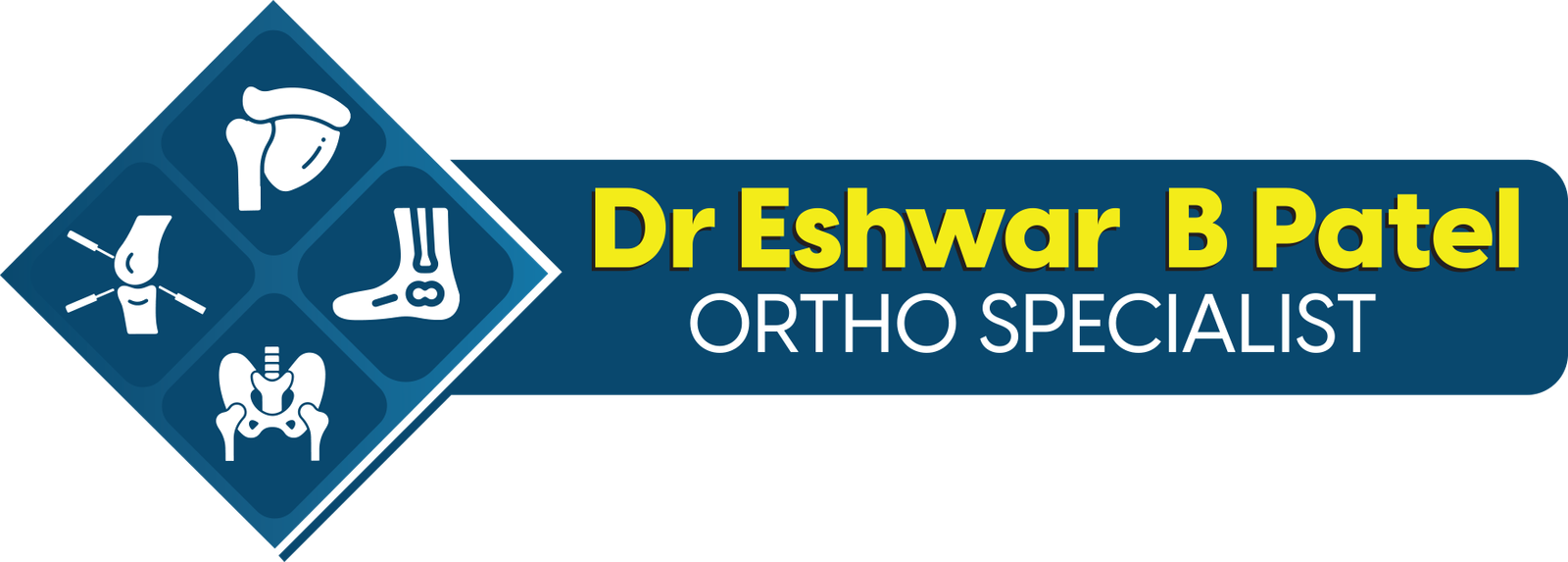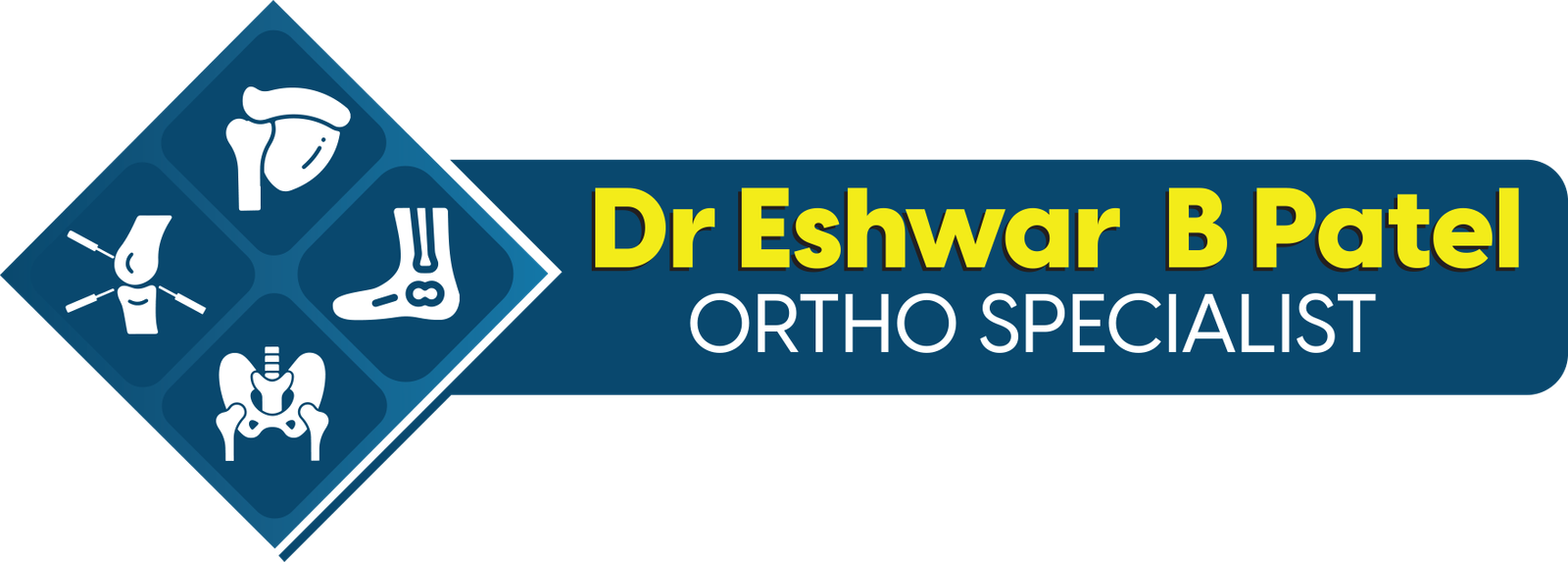Who is an Orthopedic Surgeon?
While treating fractured bones may come to mind when you hear the term “orthopedic surgeon,” these specialists are significantly more skilled than that. Physicians with specific training in the diagnosis, treatment, prevention, and rehabilitation of conditions affecting the musculoskeletal system of the body are known as orthopedic surgeons. This comprises the muscles, tendons, ligaments, joints, bones, and nerves. You can better understand the critical role orthopedic surgeons play in preserving our mobility and quality of life if you are aware of what they do.
An Orthopedic Surgeon’s Function
Medical professionals with specialized training in the musculoskeletal system are known as orthopedic surgeons. They carry out a variety of duties, such as:
Diagnosis: Orthopedic surgeons diagnose problems affecting the bones, joints, and soft tissues by using medical histories, physical examinations, imaging investigations (such as X-rays, MRIs, and CT scans), and other diagnostic instruments.
Treatment: There are non-surgical and surgical treatment options. Medication, physical therapy, and lifestyle modifications are examples of non-surgical treatments. From minimally invasive arthroscopic procedures to complicated surgeries such as spine or joint replacements, surgical treatments can take many different forms.
Prevention: By educating people about healthy body mechanics, exercise, and lifestyle choices, orthopedic surgeons contribute to the reduction of illnesses and injuries. They also offer advice on avoiding injuries during daily activities and sports.
Rehabilitation: Recovery from treatment depends on post-treatment rehabilitation. To ensure a safe and efficient healing process, orthopedic surgeons collaborate closely with physical therapists to create rehabilitation regimens customized to each patient’s needs.
Types of Orthopedic Surgeries
Since orthopedic surgery is a large discipline, many surgeons opt to focus on particular subspecialties. Among the popular subspecialties are:
Hip Replacement Surgery : Hip replacement surgery replaces a damaged hip joint with a prosthetic implant, alleviating pain and improving mobility. Typically performed for severe arthritis or hip fractures, this surgery enhances quality of life by allowing patients to resume daily activities with less discomfort.
Shoulder Replacement Surgery : Shoulder replacement surgery involves replacing the shoulder joint with a prosthesis to relieve pain and improve function. It’s usually recommended for severe arthritis or injury. This procedure aims to restore range of motion and allow patients to perform daily tasks more comfortably.
Foot and Ankle Surgery : Foot and ankle surgery addresses various conditions, including fractures, arthritis, and deformities. The goal is to relieve pain, correct deformities, and restore function. Procedures range from minimally invasive techniques to complex reconstructions, depending on the specific condition.
Pediatric Orthopedics: Children’s musculoskeletal disorders, such as congenital disorders like clubfoot and developmental disorders like scoliosis, are the focus of pediatric orthopedics.
Spine Surgery: Spine surgery is a procedure performed to correct issues with the spine, such as herniated discs, spinal stenosis, or scoliosis. It aims to relieve pain, restore function, and improve mobility. While surgery can be highly effective, it carries risks like any surgical procedure, including infection and nerve damage.
When to Consult a Orthopedic Surgeon?
An orthopedic surgeon may be necessary to see if you suffer from:
• Chronic discomfort in the muscles, joints, or bones.
• Reduced range of motion or trouble carrying out regular tasks.
• Chronic diseases such as osteoporosis and arthritis.
• Acute wounds such sprains, fractures, and dislocations.
• Sports-related injuries that are not better after resting and receiving conservative care.
FAQ’s About Orthopedic Surgeon
A. If you experience decreased range of motion, trouble performing daily activities, acute injuries like fractures or sprains, or chronic problems like arthritis, you should think about seeing an orthopedic surgeon.
A. Both surgical and non-surgical treatments are provided by orthopedic surgeons. Medication, physical therapy, and lifestyle changes are examples of non-surgical options; minimally invasive procedures and complex surgeries, such as joint replacements, are examples of surgical treatments.
A. Sports medicine, joint replacement, pediatric orthopedics, spine surgery, hand surgery, and trauma surgery are examples of common subspecialties. Each concentrates on particular musculoskeletal system regions.
A. A bachelor’s degree, four years of medical school, a five-year orthopedic surgery residency, and frequently an extra fellowship year in a specialization are the requirements to become an orthopedic surgeon. To practice professionally, one must also hold a board certification.
Surgeries
Best Knee Replacement in Hyderabad
Best Hip Replacement in Hyderabad
Best Shoulder Replacement in Hyderabad
Best Arthrocopy Treatment in Hyderabad
Orthopedic Surgeon in Hyderabad
Maps
Copyright 2022 © DrEshwar Patel Ortho Specialist All Rights Reserved.
Website Designed & Developed By VENLAX GROUP



